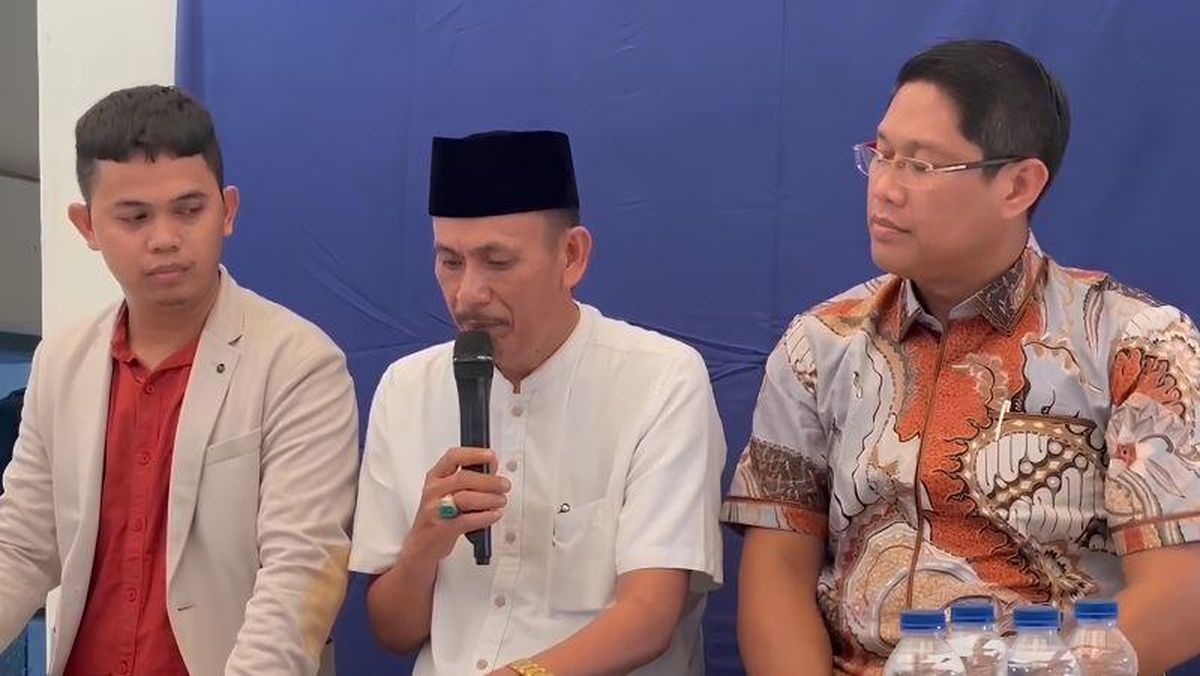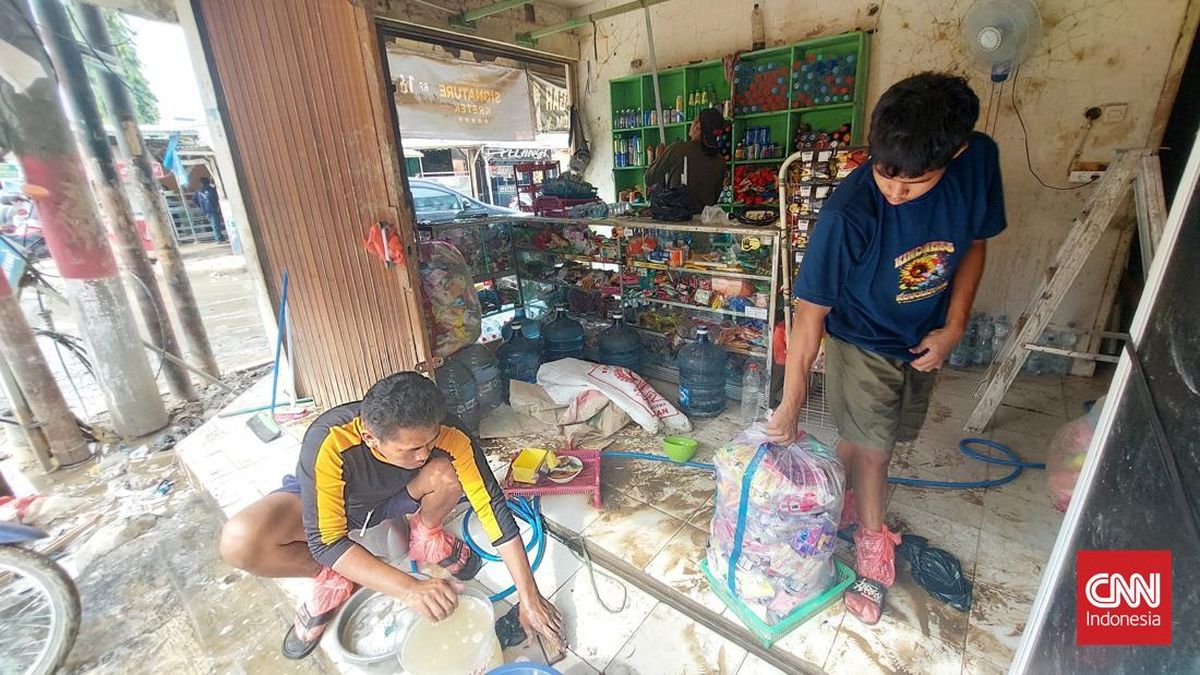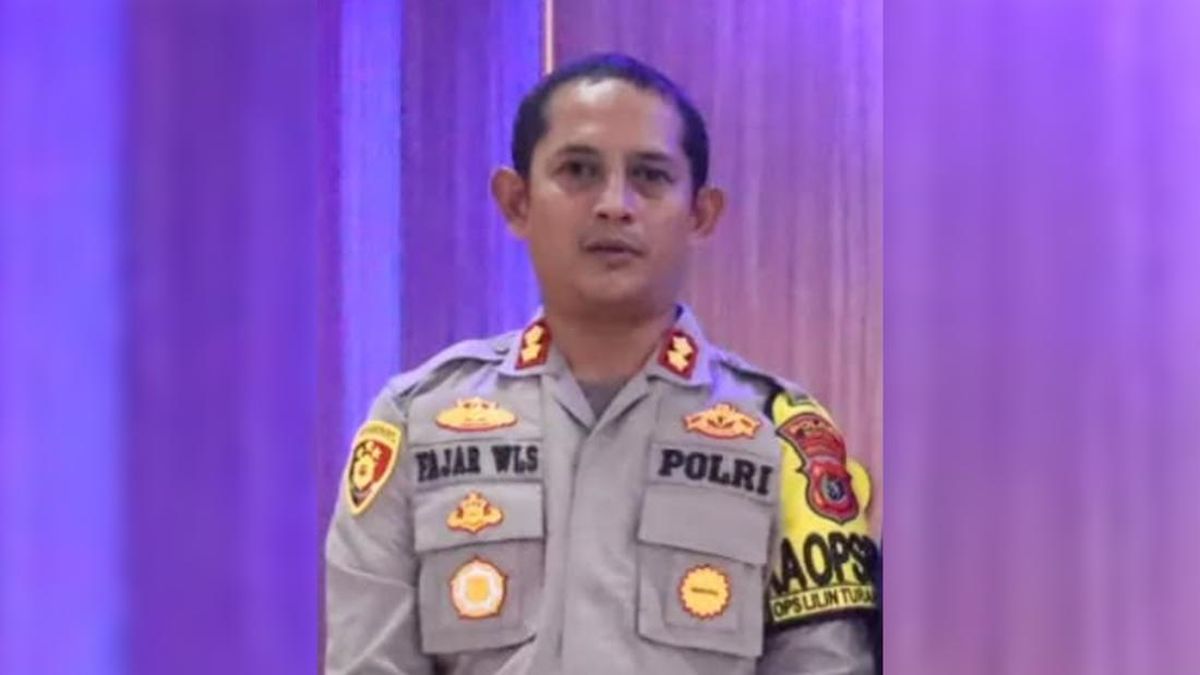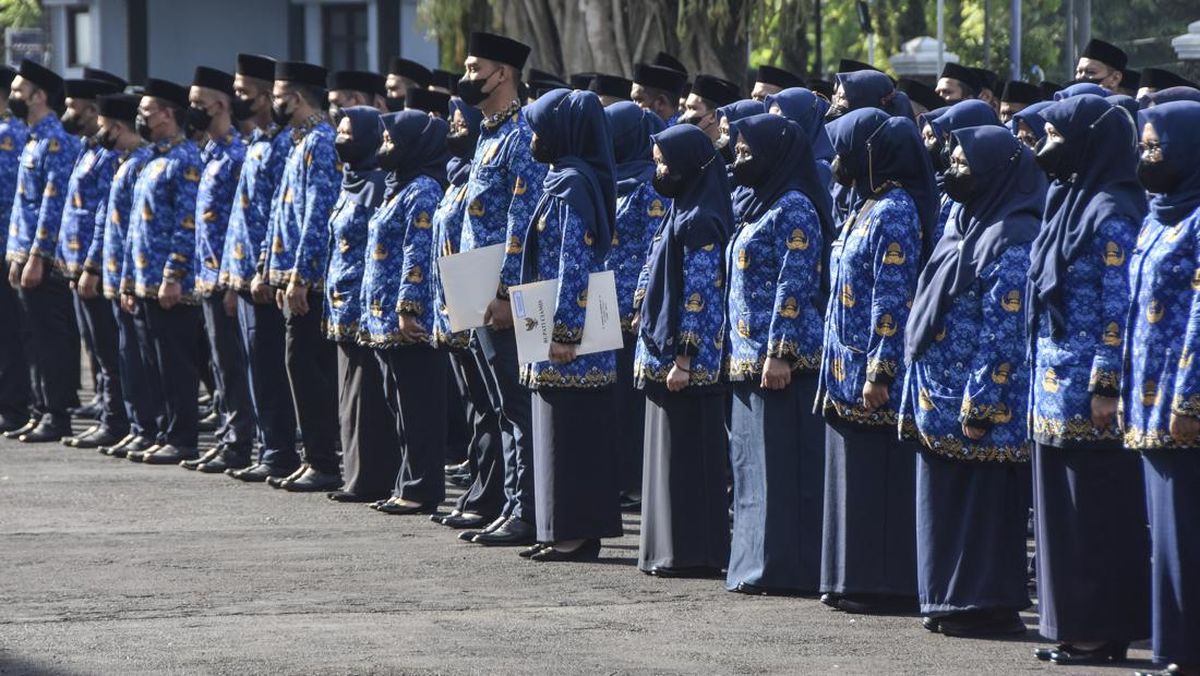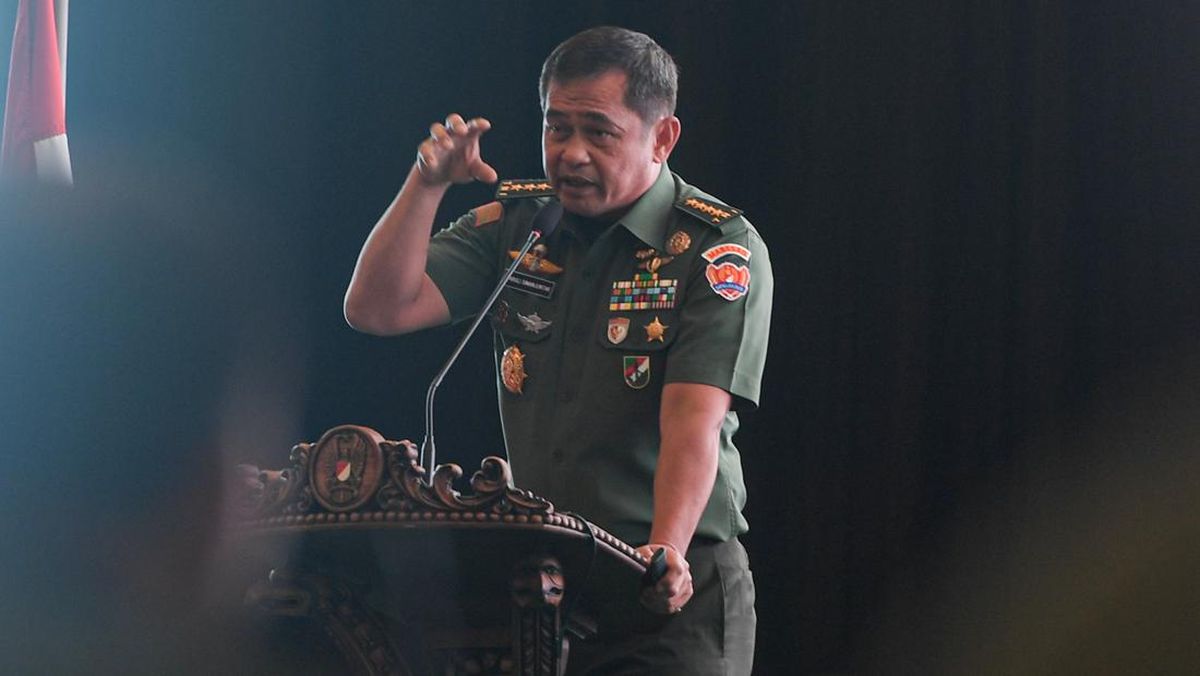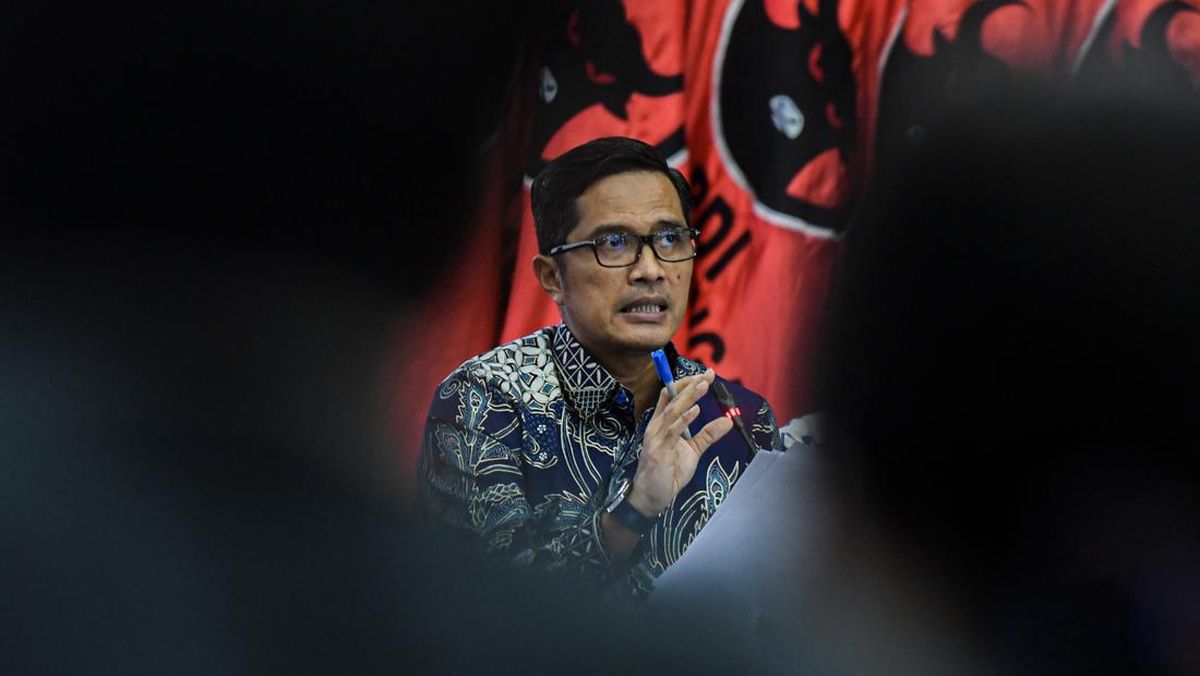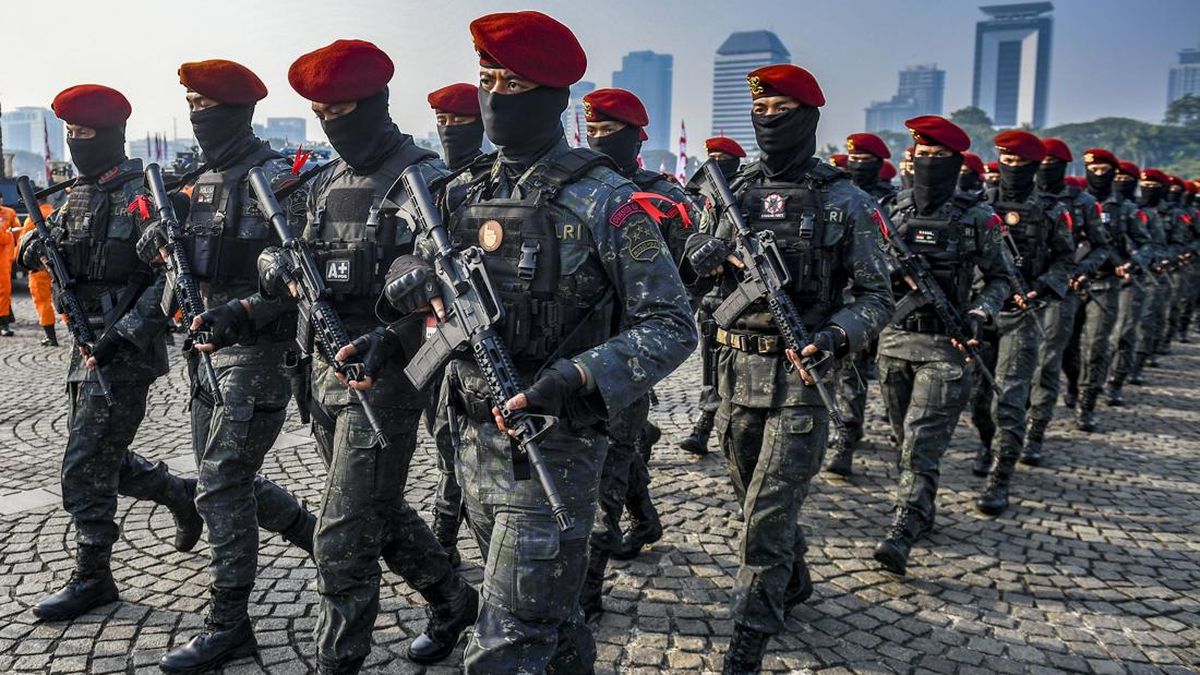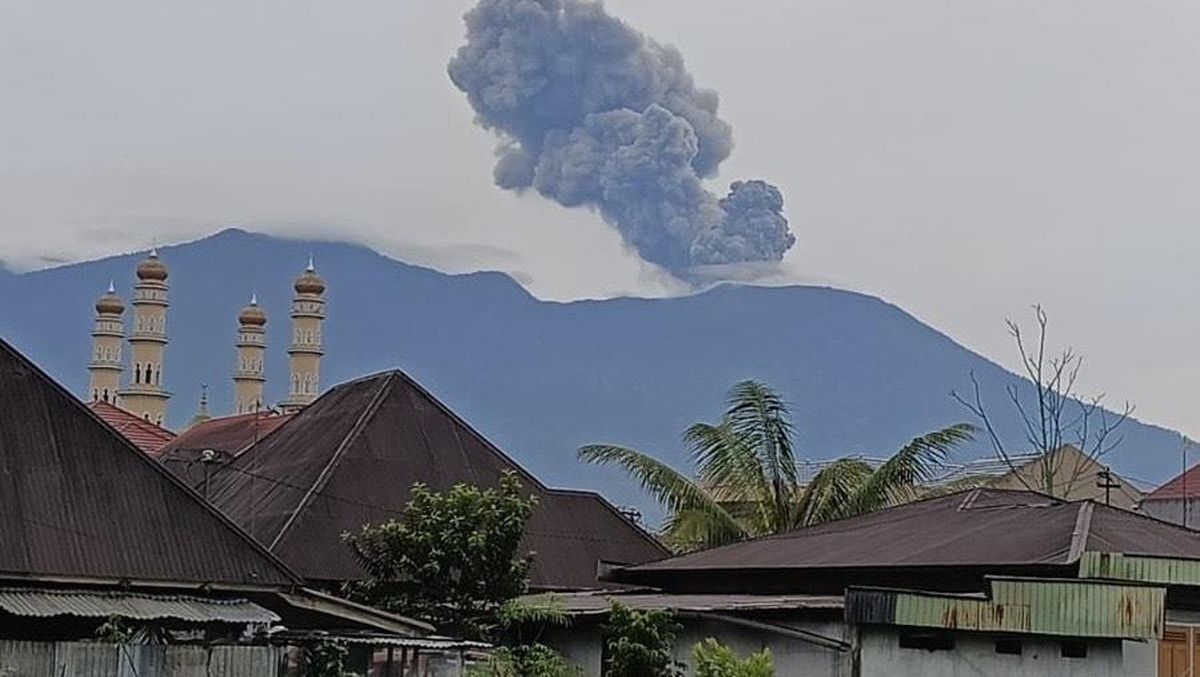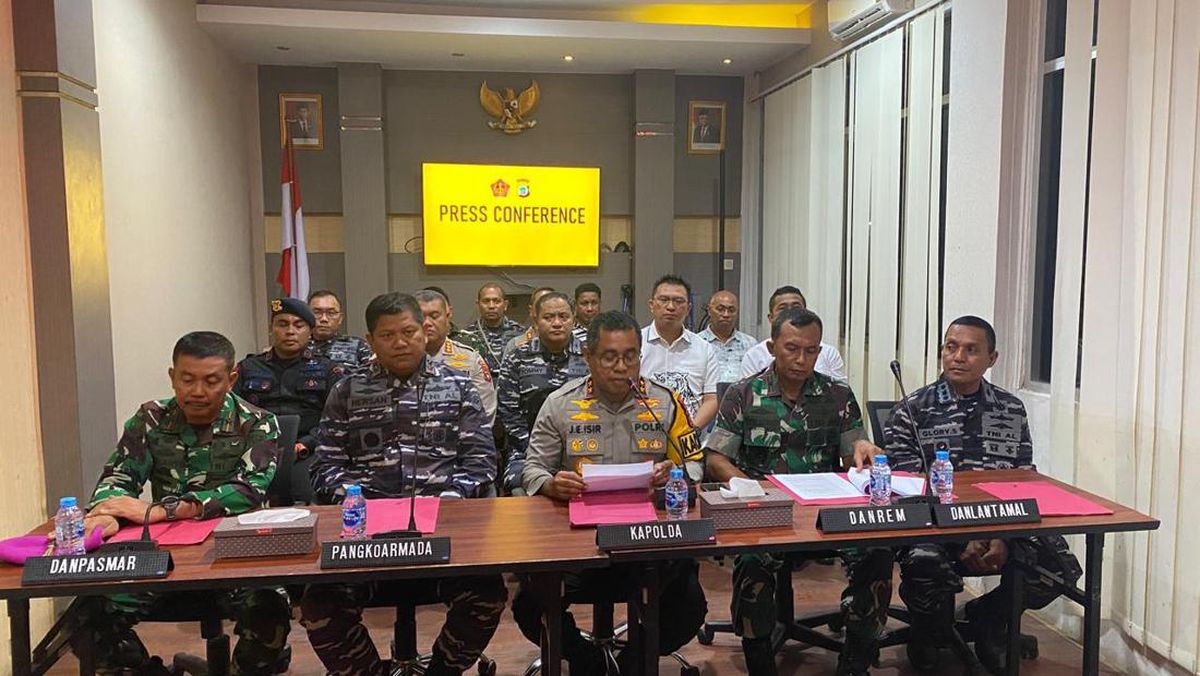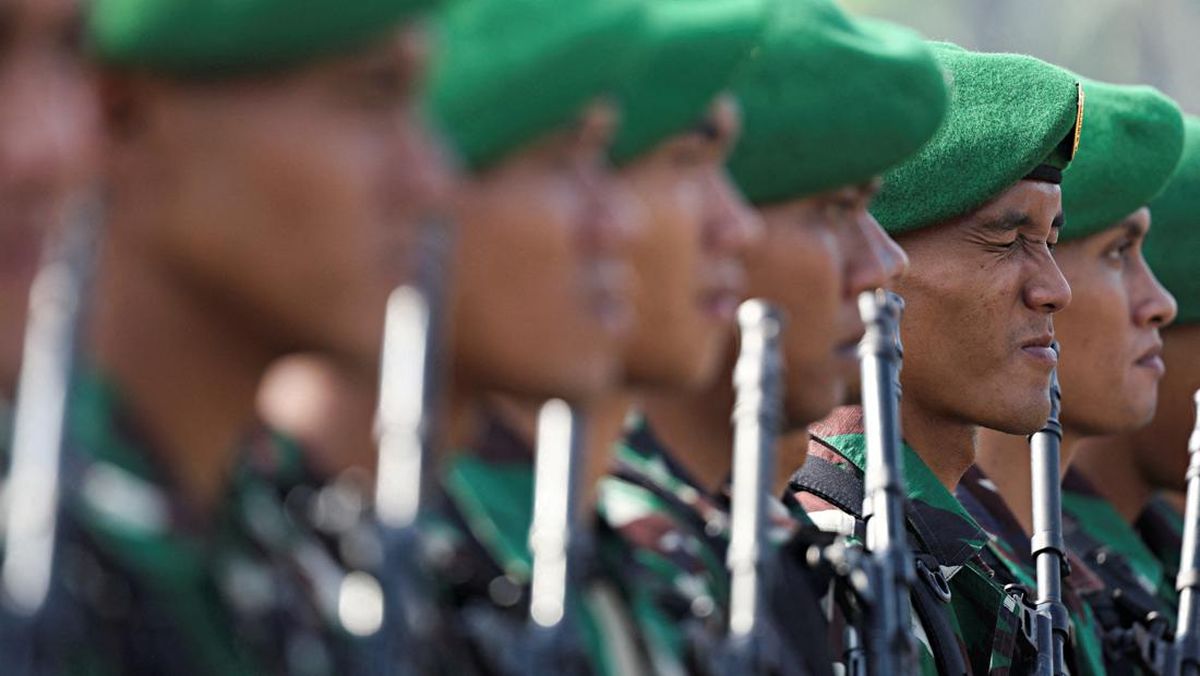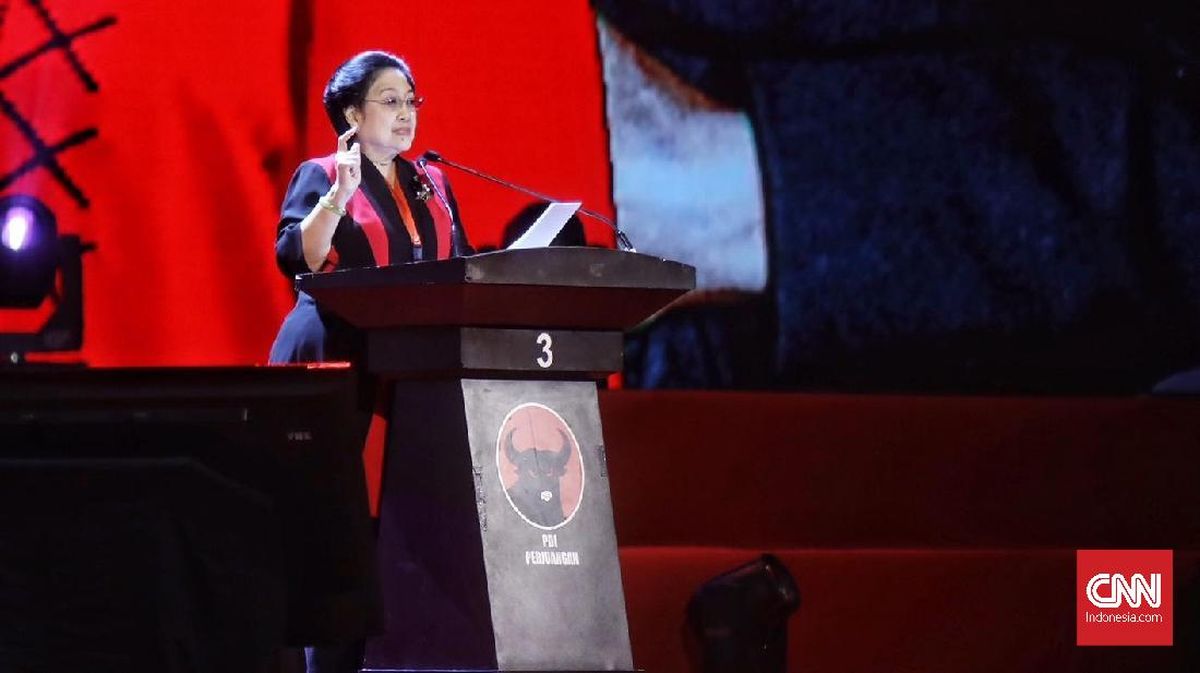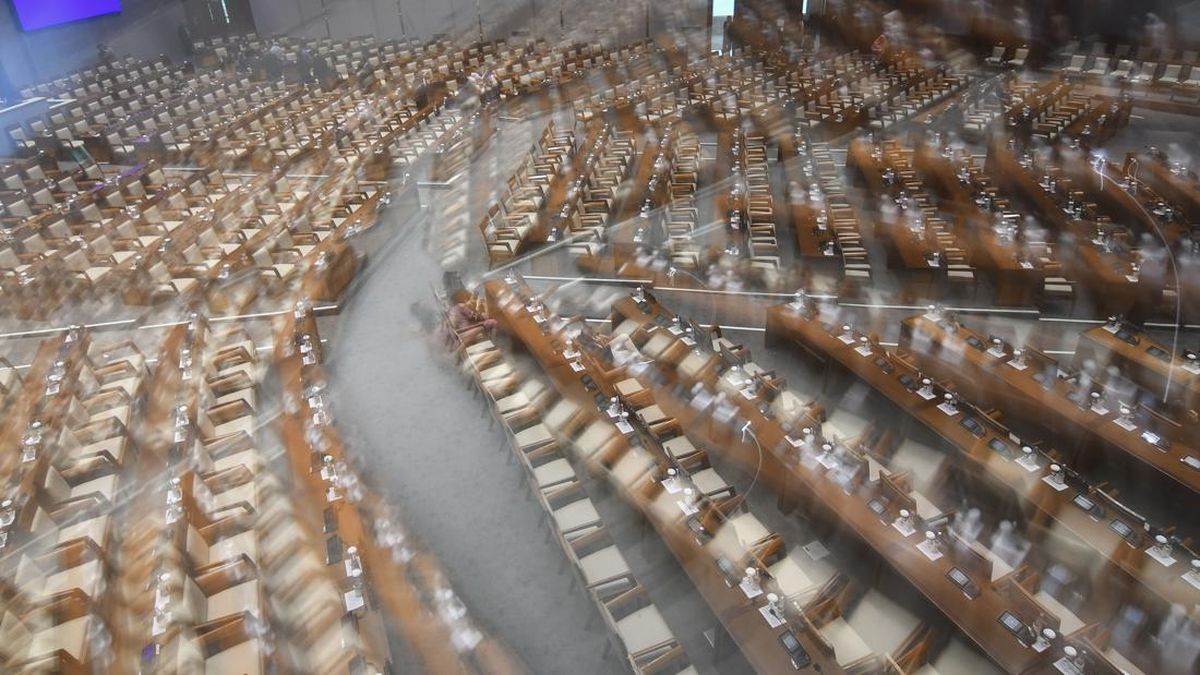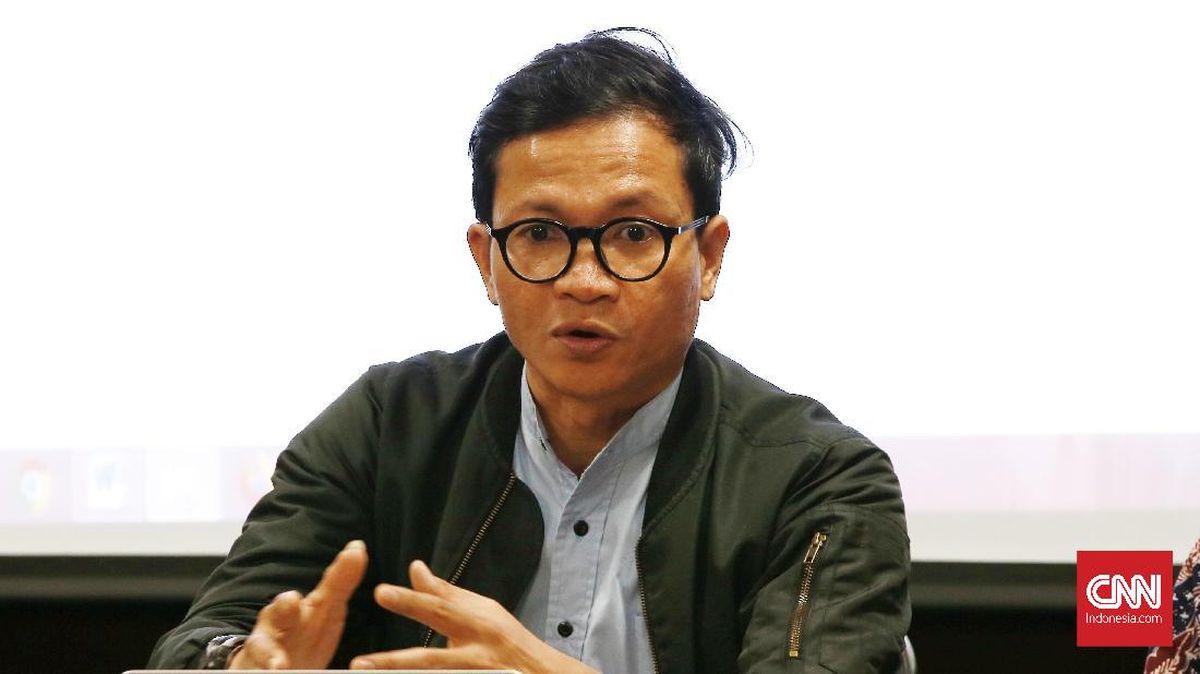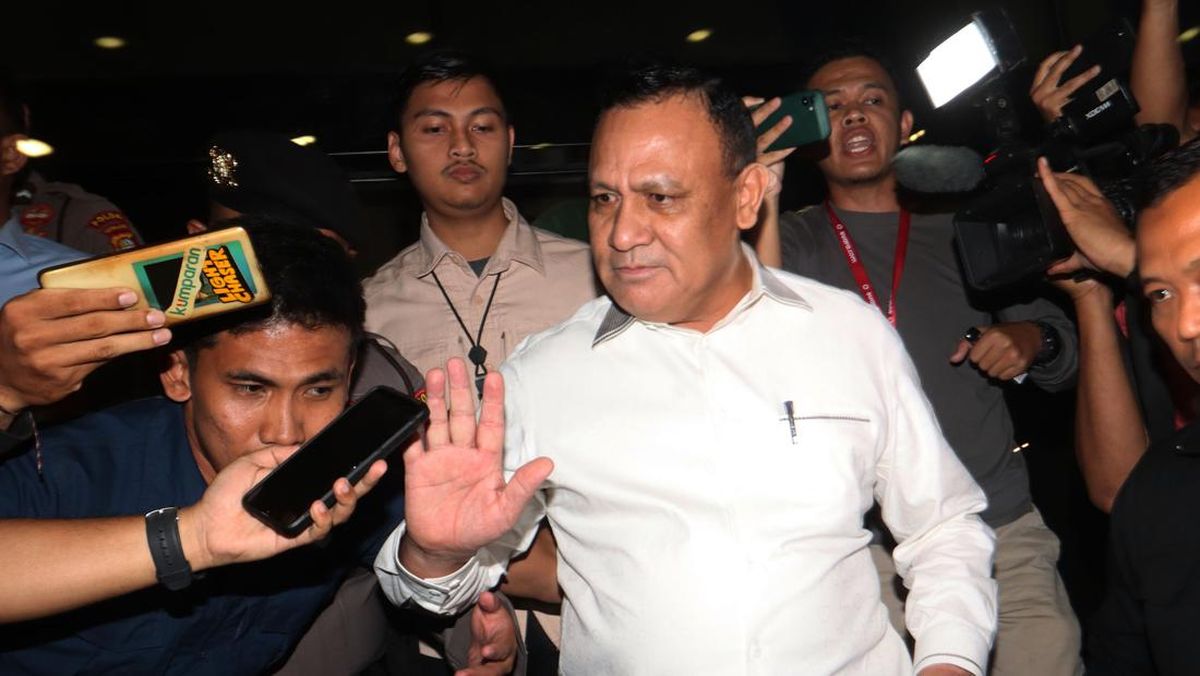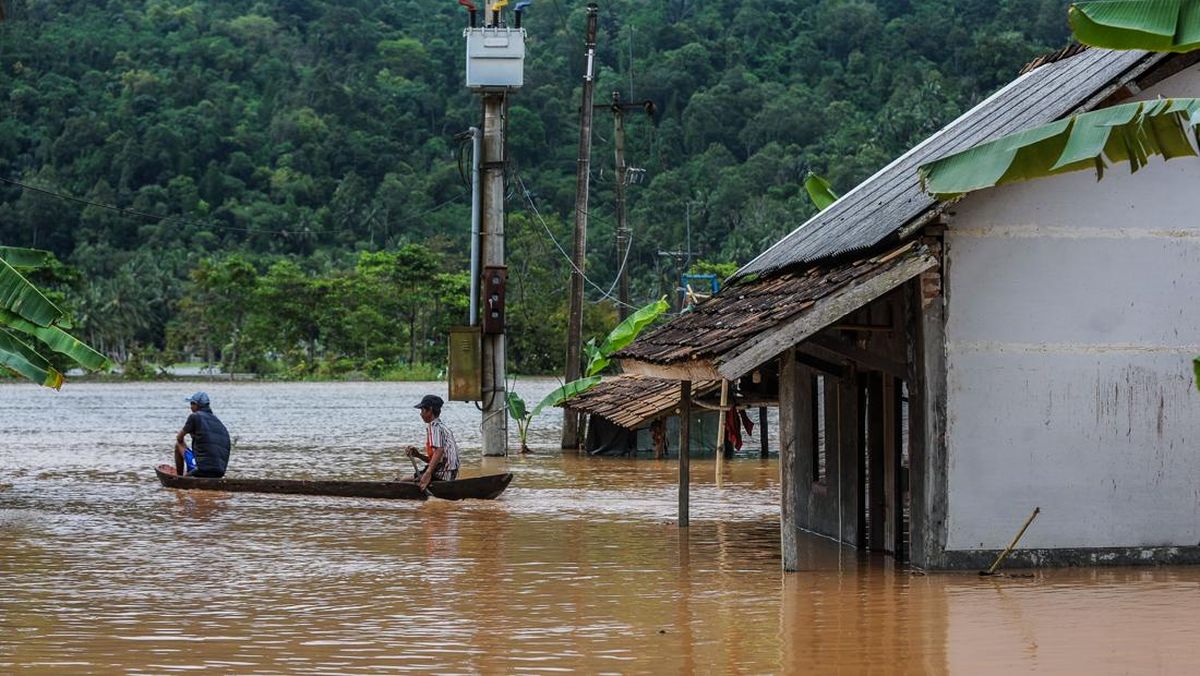TEMPO.CO, Jakarta - Leaders of countries affected by Donald Trump’s new import tariff policy have begun to speak out, including Indonesia’s President Prabowo Subianto and the prime ministers of Singapore and Malaysia. Coordinating Minister for Economic Affairs Airlangga Hartarto said nearly all ASEAN countries have decided against retaliatory tariffs. He cited Vietnam, Malaysia, Cambodia, Thailand, and Indonesia as examples.
“We are on the same track. We’ll pursue negotiations. Our approach will be aligned, and we will harmonize the mechanisms under the TIFA (Trade and Investment Framework Agreement),” Airlangga said on Monday, April 7, following a meeting with ministers and business leaders.
Here’s what the leaders of Singapore, Malaysia, and Indonesia said about the Trump tariffs:
Singapore PM Warns of Trade War Risks
Singapore Prime Minister Lawrence Wong warned of serious disruptions to the global trade order resulting from Trump’s tariff policy. He urged Singaporeans to prepare for the end of rules-based globalization and free trade.
“We are entering a new phase—one that is more arbitrary, protectionist, and dangerous,” he said in a five-minute video posted on CNA and The Straits Times' YouTube channels.
Singapore has been hit with a 10% import tariff—the minimum level under Trump’s policy—so the immediate impact is limited. However, Wong warned of “wider and more profound consequences if other countries adopt the same the same approach as the US; abandoning the WTO and trading only on their own preferred terms.“
Such shifts, he said, would pose problems for all nations, "especially small ones like Singapore. We risk being squeezed out, marginalized and left behind."
He said global trade and investment would be severely affected, and economic growth would slow - especially for a trade-dependent country like Singapore.
He noted that the last time the world faced a situation like this was in the 1930s when it led to armed conflict and World War II. Wong warned citizens that U.S. actions could weaken global institutions and erode international norms, leading to more countries acting in narrow self-interest, even resorting to coercion or violence. "This is the harsh reality of our world today."
He stated that Singapore has decided not to impose retaliatory tariffs, but it would stay vigilant and strengthen ties with like-minded countries, even though it may be better prepared than others.
“The global calm and stability we once knew will not return anytime soon. We cannot expect that the rules that protected small states will still hold. I’m sharing this so we can be mentally prepared and not caught off guard.”
Malaysia PM Calls for ASEAN Unity
Malaysian Prime Minister Anwar Ibrahim called on Monday for Southeast Asian countries to “stand firm together” after they were among the hardest hit by US tariffs.
“We must stand firm together as ASEAN - with a population of 640 million and an economic strength that is among the top in the world,” Anwar said at a meeting with staff from the Prime Minister’s Department on April 7, as quoted by Al Arabiya.
ASEAN economic ministers are scheduled to meet on Thursday, April 10, to discuss the tariff issue. Anwar said Malaysia’s task is to coordinate with ASEAN members so that each country can state its position, while also moving forward as a united bloc.
Like its neighbors, Malaysia has decided not to impose retaliatory tariffs, despite disputing Washington’s claim that it imposes a 47% tariff on U.S. goods. “I think two wrongs don’t make a right,” said Trade Minister Tengku Zafrul Aziz, urging calm and stressing that “anything that will result in (a) trade war is not for the benefit of the global economy.”
Prabowo Urges Calm from Indonesia
Prabowo Subianto, president of ASEAN’s largest member state Indonesia, said Trump’s import tariffs are not a problem. He emphasized that Indonesia would enter negotiations with all parties to address the trade conflict.
“Let’s remain calm. We have strength. We will negotiate. We will negotiate with all countries, including the United States,” Prabowo said during a rice harvest event in Majalengka, West Java, on Monday, April 7, as seen on the Presidential Secretariat’s YouTube channel.
He added that reciprocal tariffs are acceptable as long as they are reasonable, and he believes Trump’s policy aims to improve the welfare of the American people.
“We want things to be fair, just, and equal. So, we have no issue. If it’s reciprocal and reasonable, we should respect it. The U.S. government is thinking of its people—so are we. There’s no need to feel disappointed or worried,” said Prabowo.
Ilona Estherina, Dewi Rina Cahyani, and Novali Panji Nugroho contributed to the writing of this article.
Editor’s Choice: Understanding Import Tariffs, Reasons for Imposing Them and Their Drawbacks
Click here to get the latest news updates from Tempo on Google News



























